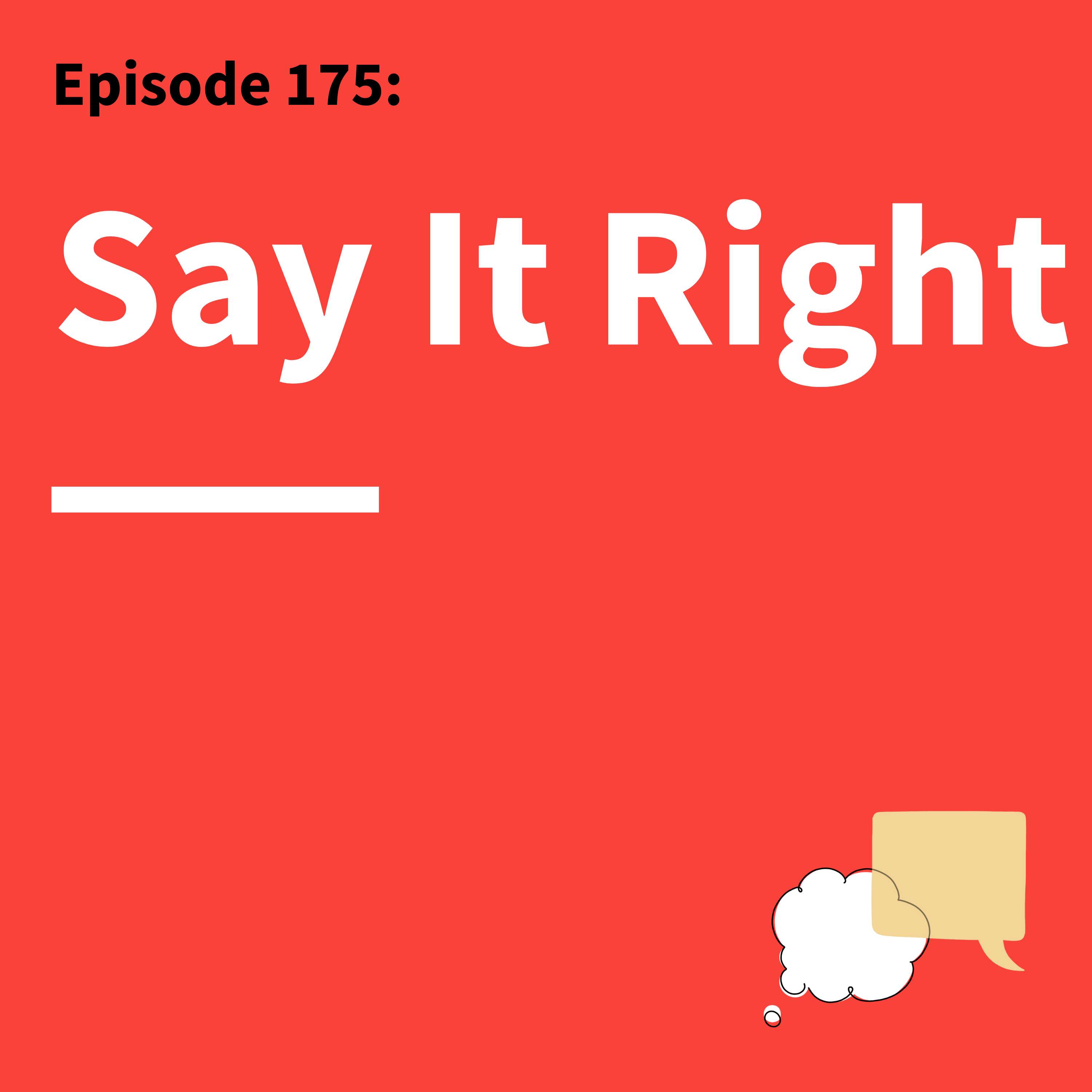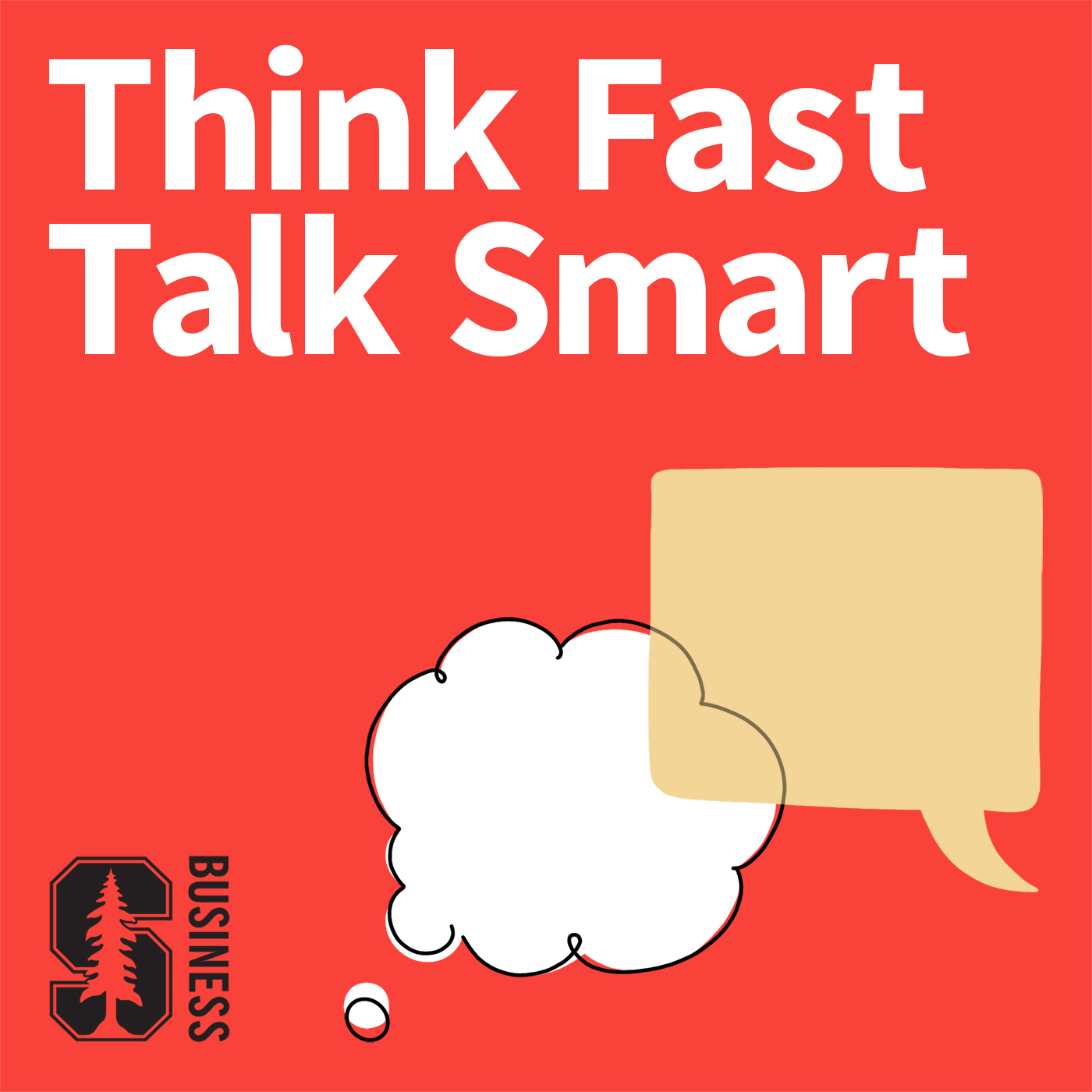
175. Mastering Toasts and Tributes: Making Your Words Count

Think Fast, Talk Smart: Communication Techniques
Deep Dive
Why should toasts and tributes focus on the honorees rather than the speaker?
These moments are meant to celebrate others, not the speaker. By focusing on the honorees, the speech becomes a meaningful gift that honors and connects with the audience.
What is the WHAT structure for crafting toasts and tributes?
The WHAT structure consists of four parts: Why are we here (context), How are you connected (relationship), Anecdotes or learnings (stories/lessons), and Thank (gratitude).
Why is brevity important in toasts and tributes?
Long speeches often lose impact and can frustrate the audience. Brief remarks ensure focus and respect the time of other speakers and attendees.
How can speakers prepare for emotional moments during toasts?
Anticipate emotional responses and have a plan, such as a closing line or a backup speaker, to step in if needed. Avoid reading from notes during highly emotional moments to stay connected with the audience.
Why should speakers avoid making toasts about themselves?
Toasts should shine the spotlight on the honorees, not the speaker. Excessive use of 'I' can detract from the intended focus on the person or group being celebrated.
How can speakers ensure their anecdotes are appropriate for the audience?
Choose stories that are relatable and avoid jargon or offensive language. If necessary, briefly explain terms or acronyms to ensure everyone understands.
Why is it important to strive for unity in celebratory remarks?
In polarized times, seeking common ground fosters connection and avoids alienating audience members. Focus on shared values or corporate priorities to create a sense of unity.
How can speakers set up the next speaker for success?
Provide logistics, end on a positive note, and ensure the audience is engaged and ready for the next part of the event. Think of yourself as the opening act clearing the runway for the next speaker.
- Podcast's five-year anniversary
- Upcoming collaborations and mini-series
- Holiday greeting
Shownotes Transcript
Crafting impactful toasts for very occasion.
"Almost reflexively, most of us focus in the moment on how others are perceiving us, yet these situations aren't about us at all." Matt Abrahams, host of Think Fast, Talk Smart), shares an excerpt from his book, Think Faster, Talk Smarter: How to Speak Successfully When You're Put on the Spot), on the art of delivering effective toasts and tributes. With a focus on public speaking in celebratory contexts, he offers a structured approach to crafting meaningful remarks.Matt introduces the WHAT structure—a four-part formula designed to guide speakers through the process. This method helps ensure that the focus remains on the honorees, transforming speeches into gifts for the audience. He further shares tips for refining remarks, including the importance of brevity and the need to prepare for emotional moments. Matt advises, "Be brief and to the point. Long toasts, tributes, or introductions are usually bad ones." He also highlights the significance of setting others up for success, ensuring a smooth flow for subsequent speakers.With insights from his book and practical examples, Matt equips listeners with the tools to deliver impactful toasts and tributes, making these moments memorable for all involved.
Audio excerpt courtesy of Simon & Schuster Audio from THINK FASTER, TALK SMARTER by Matt Abrahams, read by the author. Copyright 2023 by Matthew Abrahams LLC. Used with permission of Simon & Schuster, Inc.
Episode Reference Links:
Connect:
- Premium Signup >>>> Think Fast Talk Smart Premium)
- **Email Questions & Feedback **>>> [email protected]
- Episode Transcripts >>> Think Fast Talk Smart Website)
- Newsletter Signup + English Language Learning >>> FasterSmarter.io)
- Think Fast Talk Smart >>> LinkedIn), Instagram), YouTube)
- Matt Abrahams >>> LinkedIn)
Chapters:
(00:00) - Introduction
(01:38) - Key Insight: Toasts, Tributes, and Introductions
(03:09) - Why it Matters
(03:59) - Craft Your Content
(05:10) - Step One: Why Are We Here?
(05:54) - Step Two: How Are You Connected?
(06:45) - Step Three: Anecdotes or Learnings
(07:53) - Step Four: Thank
(08:35) - Refine Your Remarks
(09:02) - Tip One: Be Brief and to the Point
(09:52) - Tip Two: Prepare to be Emotional
(11:44) - Tip Three: Shine the Spotlight Away From You
(12:14) - Tip Four: Make Your Anecdotes Accessible and Appropriate
(12:44) - Tip Five: Strive for Unity
(14:07) - Tip Six: Set Others Up for Success
(15:00) - Conclusion
********Become a Faster Smarter Supporter by joining TFTS Premium).